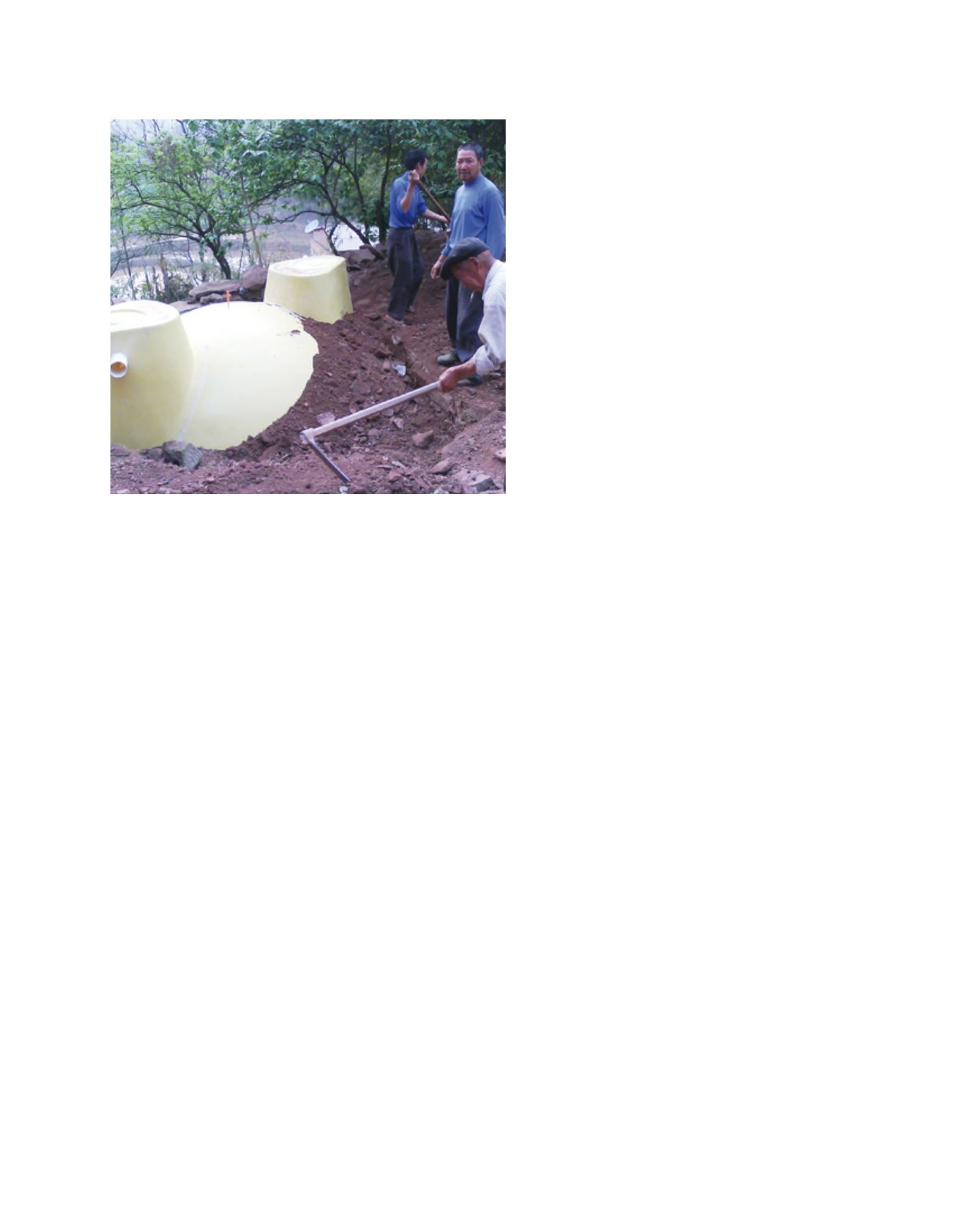

[
] 162
and providing compensation benefits to encourage teachers to teach
in remote areas.
Since 2008, Mercy Relief has run a Principals and Teachers Quality
Improvement Programme and an Education Quality Improvement
Programme (EQUIP) in Indonesia’s Riau Islands Province (KEPRI)
and South Sumatra Province, in partnership with the Sampoerna
Foundation, to increase the capacity of teachers and principals
through professional development in leadership and pedagogical
skills. A year-long capacity-building programme was put in place
to expose the teachers and principals to better practices and the
latest trends in teaching, classroom management, leadership skills,
curriculum development and Information and Communication
Technology (ICT).
The new, intensive exposure resulted in an enhanced confidence
level among the teachers, enabling them to provide a creative learn-
ing environment for the students, who in turn now enjoy school and
appreciate education.
Viet Nam: language that adds gloss
Pressures of globalization have driven Viet Nam to become one
of the most economically promising ASEAN countries. Despite
growing demand for mastery of the English language in the region,
English is still hardly used in conversation at all levels, partly due to
the lack of qualified English teachers and the fact that those available
have had no formal training to teach English as a second language.
To meet this demand, Mercy Relief launched the English for
Everyone (EFE) programme in Ho Chi Minh City. Partnering the
WIBI School of Higher Learning, five English language teachers
from the University of Finance and Marketing (UFM) were selected
and trained in a method of teaching English appropriate to the
level of the local capacity. The programme encouraged interactive
learning and habitual use of English in everyday communication
to enhance students’ confidence in using the language.
Participating teachers from the national schools were
also trained and they acquired an improved method of
teaching English.
After seven months of lessons, 50 teachers and over
4,000 students from 14 elementary schools could speak
and write basic English confidently. They have show-
cased their newly-acquired skills by sharing what they
have learned at inter-cultural leadership presentations.
Health education and renewable energy in China
People in many rural areas in China struggle to meet
basic needs. Fei’e Village of Jian Yang County in
Sichuan was chosen for a Mercy Relief eco-sanitation
development project that has led to greatly improved
living conditions. Previously, the pig-rearing villagers
lived with poor sanitation and a high risk of epidemics
due to the improper disposal of human and pig excre-
ment in open pits. In addition, villagers suffered poor
health due to the use of coal and wood for cooking in
unventilated kitchens.
Through the installation of underground anaerobic
biogas digestors serving 224 of the poorest house-
holds in the village, inhabited largely by the elderly,
an efficient waste management system was developed.
The excrement, collected via a new piping system
from the pig pens and rebuilt toilets, is stored in the
digestors and used to harvest enough biogas to fuel
biogas cookers and lamps provided for the villagers to
serve their household cooking and lighting needs. The
residue excrement from the digestors is also used to
fertilise crops.
In addition to enjoying better sanitation, the villagers
now spend less on buying electricity from the national
grid, and are encouraged to abstain from the environ-
mentally unfriendly practices of tree-cutting for firewood
and using chemical fertilisers for farming. This holistic
project has educated the entire community about public
healthcare, renewable energy and waste, environmental
protection and safer agricultural produce.
Creating or enabling access to better education
is often one of the most effective, albeit challeng-
ing, ways to combat chronic poverty and stimulate
community development. Improving educational
infrastructures, building better and more effective
educational resources, enabling disadvantaged chil-
dren to return to school or continue education, and
enhancing teachers’ skills and knowledge are possible
areas for intervention identified by Mercy Relief to
address the education sector’s needs, both in times of
peace and following disasters.
It is, however, important to note that impoverished
or remote communities may lack longer-term plan-
ning capability due to their constant preoccupation
with survival. Hence, the culture of learning cannot
be imposed on them overnight. It is imperative that in
engaging these communities, any education programme
should include other developmental efforts to address
their basic survival needs.
Sihuan, China – Bio-digestors address the sanitation and health issues in Ziyang
County. Within six months, more than 224 families experienced the health, economic
and environmental benefits of the project
Image: Mercy Relief
















